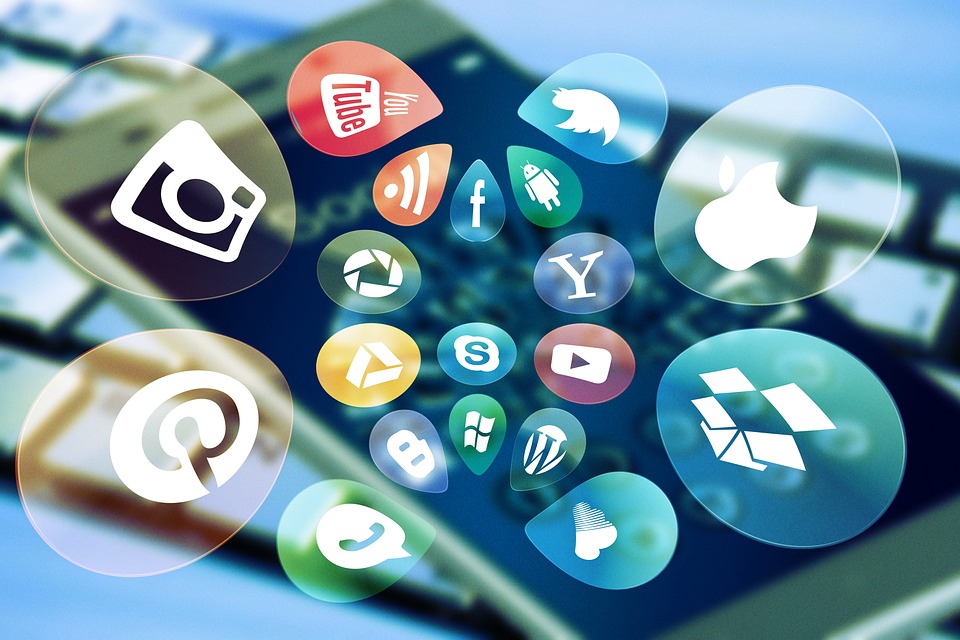The Impact of Social Media on Mental Health: A Growing Concern
In today’s digital age, social media has become an integral part of our lives. From sharing photos and updates with friends to connecting with people across the globe, social media platforms have revolutionized the way we communicate and interact with one another. However, while social media has its benefits, there are also growing concerns about its impact on mental health.
Positive Aspects of Social Media
Before delving into the negative effects of social media on mental health, it’s important to acknowledge the positive aspects. Social media allows us to stay connected with friends and family, even if they are miles away. It can also provide a sense of community for individuals who may feel isolated. Additionally, social media can be a valuable tool for raising awareness about important issues, promoting charitable causes, and sharing inspiring stories.
Negative Effects of Social Media on Mental Health
Despite its positive aspects, social media has been linked to a number of mental health issues. One of the major concerns is the impact of social media on self-esteem. Studies have shown that constantly comparing oneself to others on social media can lead to feelings of inadequacy and lower self-esteem. This is often exacerbated by the curated and filtered nature of social media, where users tend to only share their best moments and most flattering photos.
Social media can also contribute to feelings of loneliness and isolation. While it may seem paradoxical, spending too much time on social media can actually lead to decreased social interaction in real life. This is because individuals may prioritize online interactions over face-to-face communication, leading to a sense of disconnect from others.
Another concern is the impact of social media on mental health disorders such as anxiety and depression. The constant exposure to the carefully curated lives of others can create unrealistic expectations and feelings of inadequacy. Additionally, cyberbullying and online harassment are common on social media platforms, which can exacerbate mental health issues.
Strategies for Managing Social Media Use
While the negative effects of social media on mental health are concerning, there are strategies that individuals can employ to mitigate these impacts. One of the most important things to do is to practice mindfulness when using social media. This means being aware of how social media makes you feel and being intentional about the content you engage with. It can be helpful to unfollow accounts that make you feel inadequate or trigger negative emotions.
Setting boundaries around social media use is also important for preserving mental health. This can include limiting the amount of time spent on social media each day, as well as designating specific times to check in on social platforms. It can also be helpful to take regular breaks from social media to give yourself space to disconnect and recharge.
Engaging in activities that promote mental well-being, such as exercise, mindfulness practices, and spending time with loved ones, can also help counteract the negative effects of social media. By prioritizing self-care and focusing on real-life connections, individuals can better protect their mental health in an increasingly digital world.
Conclusion
While social media has undoubtedly changed the way we communicate and connect with others, it is important to be mindful of its impact on mental health. The curated and filtered nature of social media can contribute to feelings of inadequacy, loneliness, and anxiety. However, by practicing mindfulness, setting boundaries, and prioritizing self-care, individuals can mitigate these negative effects and maintain a healthy relationship with social media.
Ultimately, it is important to strike a balance between utilizing social media for its positive aspects and protecting one’s mental health. By being intentional about how we engage with social media and prioritizing real-life connections, we can ensure that social media remains a tool for connection and community, rather than a source of mental health challenges.
